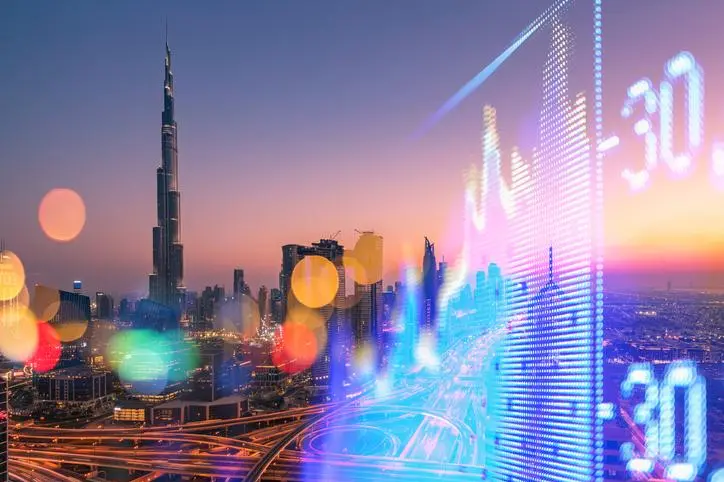PHOTO
The specter of inflation is once more looming over the global economy. The prospect of sharply rising prices of goods and services threatens to throw out the careful calculations of economic policymakers and make recovery from the pandemic recession more unpredictable and hazardous.
But inflation is not just an arcane matter for the theorists or the central bankers. The world seems to have a sinister folk memory of the dire effects of rising prices, dating back to at least the 1930s, with images of European workers taking home their salaries in wheelbarrows still haunting the collective mind.
Nobody thinks things will descend to such levels in the early 21st century. Economists understand the phenomenon of rising prices much better now and have an array of weapons — principally via interest rate policy — at their disposal to combat them. But the fear remains, more in some parts of the world than others.
In the US, the cost of living index is rising faster than at any time in the past four decades. Some big European economies are experiencing a similar rapid rise in prices.
In the Middle East, although rates have been rising less sharply, there will still be an appreciable effect on prices. Saudi Arabia’s financial authorities say prices rose more than 3 percent last year, although they expect that rate to fall in 2022.
The reason for all this lies in the long-term effects of the global financial crisis the world suffered in 2008-09. Then, asset values — as measured by stock exchange indices, real estate prices and most other yardsticks — fell sharply and for a period threatened to impoverish all of us.
The response from policymakers, led by the American Federal Reserve but mirrored around the world, was to cut interest rates to near zero, while simultaneously pouring money into the global economy in the form of financial stimulus.
Although the recovery from the crisis was actually quite rapid, the central bankers never turned off the tap. We all got used to living on cheap and easy borrowing.
When the pandemic hit, the policymakers were forced to double down. With the world looking at the worst recession in nearly a century and many households facing the serious threat of unemployment and destitution, there was no chance the subsidies and stimuli could be withdrawn.
Moreover, people in lockdown could not spend money as they did before, leading to a big jump in savings, especially in the rich West but also in more cautious China. Now that we are heading out of the pandemic, a lot of that hoarded cash is being spent in a hurry by people who have suddenly abandoned caution. Just one anecdote: Rolls-Royce, the luxury car maker, reported a 50 percent rise in sales last year to rich customers who, in the words of the company’s boss, realized “life can be short.”
At the same time, the pandemic led to blockages in the global supply chain and a dearth of essential goods — everything from electronic chips to lumber used in construction — that has caused shortages across the world. Jeff Currie, the guru of commodity prices at giant US investment bank Goldman Sachs, said this week: “This is a molecule crisis. We’re out of everything. I don’t care if it’s oil, gas, coal, copper, aluminum — you name it, we’re out of it.”
The main risk now is that policymakers, who insisted last year that inflation was a “transitory” phenomenon, now knee-jerk in the opposite direction by raising interest rates too fast, causing another global financial crisis. Even the threat of interest rate hikes has already caused hundreds of billions of dollars-worth of value to be shed by some of the biggest corporations in the world, like Meta, the owner of Facebook.
In this scenario, there is a real question mark over global financial markets, which could impact us all, including in the Middle East.
But commodity-exporting economies like Saudi Arabia and other oil producers are far more insulated than others. True, a rise in US interest rates would necessitate the Kingdom’s financial policymakers to follow suit because of the peg between the riyal and the dollar. But soaring global commodity prices have many beneficial effects for the Gulf economies, mainly because of the boost to national treasuries from rising oil revenues.
Amid an uncertain global financial outlook, the Gulf looks to be the place to take shelter.
- Frank Kane is an award-winning business journalist based in Dubai. Twitter: @frankkanedubai
Copyright: Arab News © 2022 All rights reserved. Provided by SyndiGate Media Inc. (Syndigate.info).





















